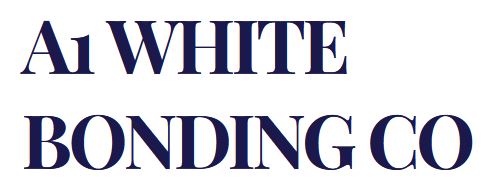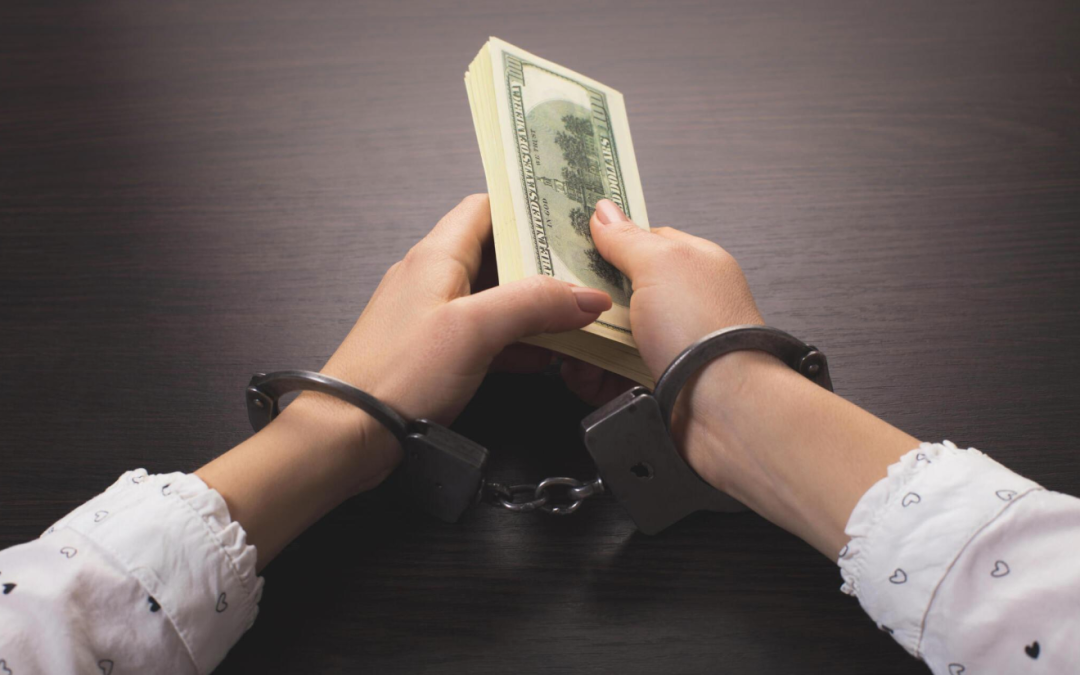In the labyrinth of the judicial system, the concept of bail stands as a crucial mechanism designed to ensure that individuals accused of a crime can maintain their freedom while awaiting trial. The premise of bail is rooted in the principle of innocence until proven guilty, allowing defendants to go about their lives, work, and prepare their defense outside the confines of jail. For those navigating this complex process, understanding the nuances of bail bond services is essential. For a deeper insight into how these services can support you or your loved one during such challenging times, visit A1 White Bonding Co’s Bail Bond Services for comprehensive assistance and guidance.
This comprehensive guide aims to demystify the bail process, highlighting its significance, functionality, and the pivotal role bail bonds play in the broader context of legal proceedings.

The Essence of Bail
At its core, bail is a financial arrangement that the court sets to ensure that a defendant returns for their scheduled court appearances. The amount of bail can vary widely, depending on the severity of the alleged offense, the defendant’s past criminal record, the risk of flight, and the potential threat to the public. This monetary assurance is pivotal in balancing the rights of the individual with the interests of justice and community safety.
How Bail is Determined?
The process of setting bail begins shortly after a defendant’s arrest, typically during the first court appearance or arraignment. Judges use a variety of factors to determine bail amount, including:
- The Nature and Circumstances of the Offense: More serious charges often result in higher bail amounts.
- The Evidence Against the Defendant: Strong evidence of guilt may influence the bail decision.
- Community Ties: Individuals with strong ties to the community are less likely to flee.
- Financial Resources: The court considers the defendant’s ability to post bail without causing undue hardship.
- Safety Considerations: The potential risk the defendant might pose to the public is a critical consideration.

Bail Bonds: A Lifeline for Many
For many defendants, the set bail amount is prohibitively expensive, placing the possibility of pre-trial freedom out of reach. Herein lies the essential service provided by bail bond companies. A bail bond, or surety bond, is a contract between a licensed bail bond agent, the defendant, and the court. The bail bond company agrees to pay the full bail amount if the defendant fails to appear in court, in exchange for a fee typically ranging from 10% to 15% of the bail amount.
The Bail Bond Process Explained-
- Contract Signing: Once a bail bond company is contacted, a contract is signed by the defendant or a cosigner, agreeing to pay the bail bond fee and providing collateral if necessary.
- Posting Bail: The bail bond agent posts a bond with the court, guaranteeing the defendant’s return for all court dates.
- Release from Jail: Upon the posting of bail, the defendant is released from jail, with the expectation of attending all future court proceedings.
- Fulfilling Obligations: If the defendant meets all court requirements and attends all appearances, the bail bond is dissolved at the conclusion of the case, and any collateral is returned. However, if the defendant fails to appear, the bail bond company may employ a bounty hunter to locate and return the defendant to
The Advantages of Using Bail Bonds
- Accessibility: Bail bonds make pre-trial freedom accessible to those who cannot afford the full bail amount.
- Expertise: Bail bond agents offer invaluable guidance through the bail process, simplifying a complex system.
- Support: Beyond financial assistance, bail bond companies provide moral and logistical support, helping defendants and their families navigate the challenges of the legal process.
Choosing the Right Bail Bond Company-
Selecting a reputable bail bond company is crucial. Factors to consider include:
- Experience: Opt for companies with extensive experience navigating the bail bond process in various legal scenarios.
- Communication: Effective communication is key. The company should be easy to contact and willing to answer all your questions clearly.
- Confidentiality: Your privacy matters. A reputable bail bond company will handle your case with the utmost discretion.
- Financial Options: Look for companies that offer flexible payment plans to accommodate your financial situation without additional stress.
- Local Knowledge: A company familiar with local court systems and jails can provide insights and potentially expedite the bail process.
- Professionalism: The company’s staff should be professional and respectful, treating you and your situation with dignity.
- Educational Resources: A good bail bond company will not only assist you through the process but also educate you on your rights and responsibilities.
- Speed of Service: Time is of the essence. Choose a company known for its quick response times and efficiency in processing bail bonds- A1WhiteBonding
- Network of Resources: A well-connected bail bond company can refer you to additional legal resources, such as attorneys and counseling services, if needed.
- Customer Feedback: Research online reviews and testimonials beyond the company’s website to gauge the experiences of past clients.
Conclusion
Understanding how bail works demystifies one of the most critical aspects of the judicial process, highlighting the balance between individual rights and the imperatives of justice. Bail bonds serve as a vital bridge, offering those accused of a crime the opportunity to retain their freedom while proving their innocence. As the legal landscape evolves, the bail system and the services of bail bond companies remain indispensable components of the justice system, embodying the principle of fairness that underpins the rule of law.
For those in need of bail bond services, especially in situations requiring immediate assistance, A1 White Bonding Co stands ready to provide expert guidance and support, ensuring a swift and smooth process toward securing your freedom or that of your loved ones.
FAQs-
Q- What is a bail bond?
A bail bond is a financial agreement made by a bail bond company on behalf of the defendant, guaranteeing the court that the defendant will appear for all scheduled court dates. If the defendant fails to appear, the bail bond company is responsible for paying the full bail amount.
Q- How does the bail bond process work?
The process starts when a court sets a bail amount for the defendant’s release. A bail bond company is then contacted to post bail. The company charges a fee, typically 10-15% of the bail amount, which is non-refundable. Once the fee is paid, the bail bond company works with the court to secure the defendant’s release.
Q- Can I get my money back after the case is closed?
The premium you pay to the bail bond company as a fee for their service is not refundable, even after the case is closed. However, any collateral you’ve put up will be returned, provided all court conditions have been met.
Q- What happens if the defendant misses a court date?
If the defendant misses a court appearance, the bail bond company will seek to locate the defendant and ensure their return to court. If the defendant cannot be found, the company may employ the services of a bounty hunter, and the collateral might be forfeited to cover the bail amount.
Q- Are bail bonds available for all types of charges?
Bail bonds are available for most criminal charges, ranging from minor offenses to serious felonies. However, eligibility can vary based on the nature of the crime, the defendant’s criminal history, and jurisdictional laws.
Q- What is collateral, and why is it needed?
Collateral is property or assets offered to secure a bail bond. It’s used as a guarantee that the defendant will comply with all court requirements. If the defendant fails to meet these requirements, the collateral can be seized to cover the unpaid bail amount.
Q- How quickly can someone be released with a bail bond?
Release times can vary depending on the jail’s processing times and the specifics of the case. However, working with a reputable bail bond company can expedite the process, often resulting in release within a few hours after bail is posted.
Q- Can I finance the bail bond fee?
Many bail bond companies offer financing options for the bail bond fee, allowing payments to be made over time. These options typically depend on the creditworthiness of the defendant or the indemnitor and may require collateral.
Q- What responsibilities does the indemnitor (cosigner) have?
The indemnitor or cosigner is responsible for ensuring that the defendant appears at all required court dates. They are also financially responsible for the bail bond fee and any additional costs incurred if the defendant fails to comply with court requirements.
Q- How do I choose the best bail bond company?
Choosing the best bail bond company involves considering factors such as licensing, experience, availability, reputation, and the transparency of fees and processes. It’s beneficial to research and compare services to find a company that meets your specific needs and provides reliable support throughout the bail process.

